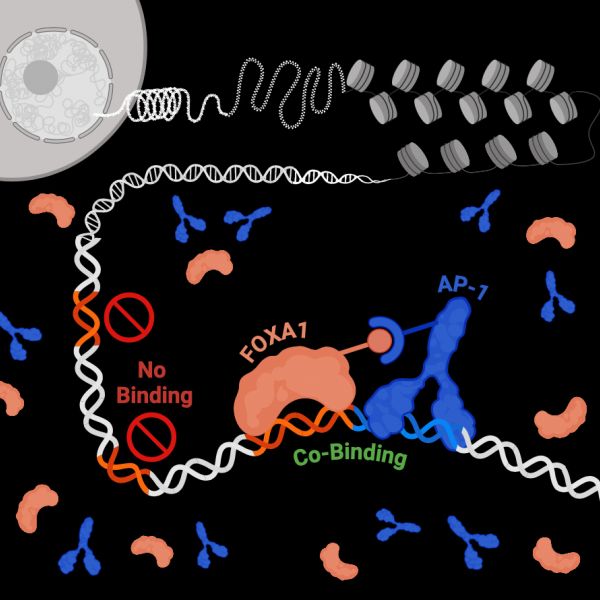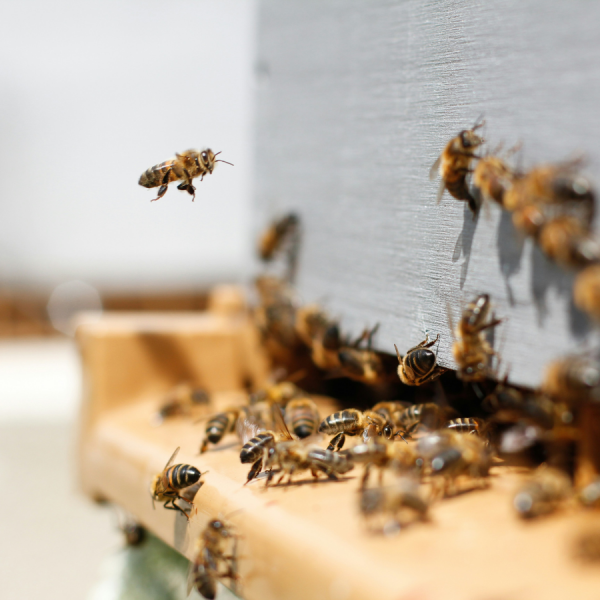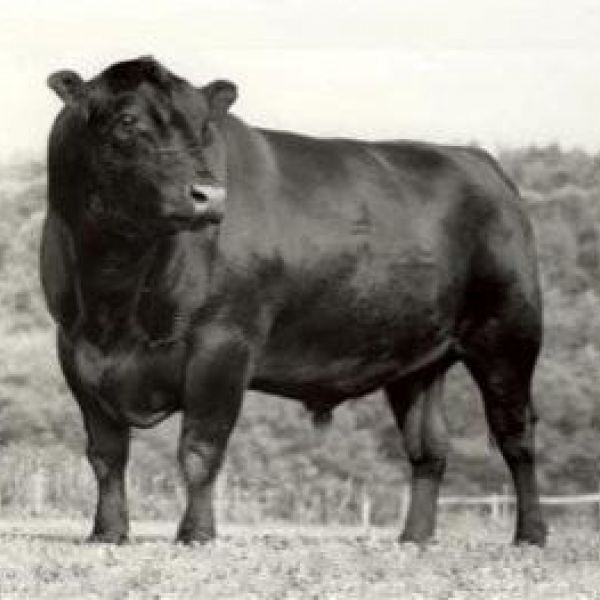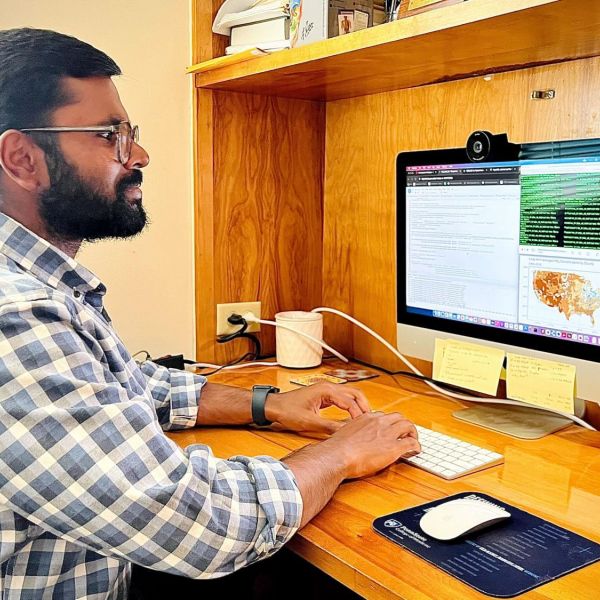News

Oct 11, 2024
AI decodes microbes’ message in milk safety testing approach
By combining the genetic sequencing and analysis of the microbes in a milk sample with artificial intelligence (AI), researchers were able to detect anomalies in milk production, such as contamination or unauthorized additives.
Full Article

Sep 11, 2024
Genomic pioneers collaborate to access the inaccessible
A new experimental method allows researchers to dissect how certain proteins, called pioneer factors, can bind to selective regions of the genome that are inaccessible to other DNA binding proteins.
Full Article

Aug 23, 2024
Honey bees may play role in spreading viruses to wild bumble bees
Honey bees may play a role in increasing virus levels in wild bumble bees each spring, according to researchers at Penn State who analyzed seasonal trends of parasite and virus transmission in bees.
Full Article

Aug 06, 2024
$3.8M NIH grant funds 3D tissue and organism visualization project
Keith Cheng, distinguished professor of pathology, of pharmacology and of biochemistry and molecular biology at the Penn State College of Medicine, has been awarded a four-year, $3.8 million grant from the National Institutes of Health to further develop novel methods for 3D tissue imaging.
Full Article

Aug 02, 2024
Penn State researchers receive USDA-NIFA grant to study male cattle genetics
The U.S. Department of Agriculture (USDA) has awarded a grant to a team of researchers in the Penn State College of Agricultural Sciences to study the genetic mechanisms underlying the development of the testis, the male organ that produces reproductive cells, in cattle and its role in sperm production.
Full Article

Aug 01, 2024
How duplicated genomes helped grasses diversify and thrive
Grasses cover about 40% of the Earth’s land surface, thriving in a multitude of environments. The evolutionary success of this plant family, which includes rice, maize, wheat and bamboo, likely results from a history of whole-genome duplications, according to a new analysis led by Penn State biologists.
Full Article

Jul 31, 2024
Genes or environment? A new model for understanding disease risk factors
A new model more accurately predicts how genetics and air pollution levels causally influence disease development; may help better assess disease risk and intervention strategies.
Full Article

Jul 25, 2024
Jeff and Ann Marie Fox name Graduate School with $20 million commitment
The Board of Trustees has unanimously approved the naming of the J. Jeffrey and Ann Marie Fox Graduate School in recognition of the couple and the endowment they have created to provide support, in perpetuity, for graduate students and faculty and for initiatives that enhance the academic caliber of graduate education at the University.
Full Article

Jul 22, 2024
Consortium of Rural States multi-institutional pilot awardees announced
Two Penn State faculty have been awarded funding through the Consortium of Rural States 2024 multi-institutional pilot award program, which supports translational science projects that identify and resolve barriers to conducting translational research.
Full Article

Jul 19, 2024
Twenty-two students receive NSF Graduate Research Fellowships
Three Huck graduate students are among twenty-two Penn State student recipients of the prestigious grant program for the 2024-25 academic year.
Full Article